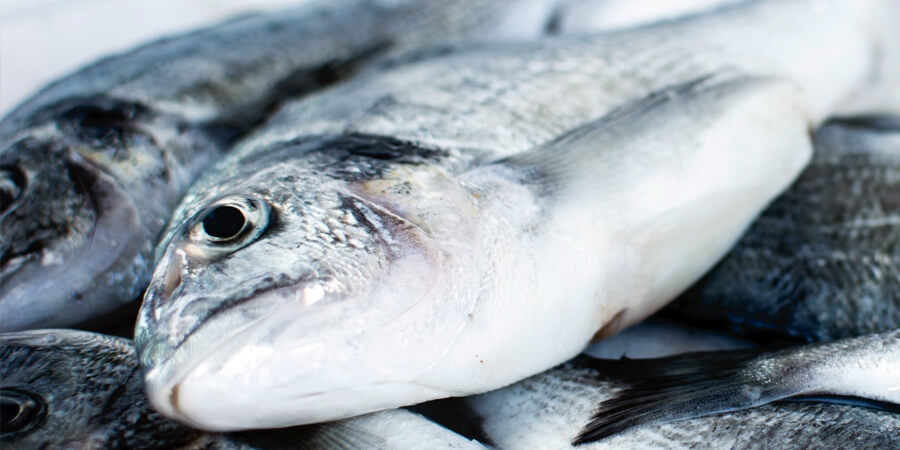
The Zimbabwean government has joined forces with the Food and Agriculture Organization (FAO) to collaborate on the development of a new fisheries and aquaculture bill. The aim of this initiative is to establish a comprehensive legal framework that will enhance the management and growth of the sector in the country.
By strengthening the fisheries and aquaculture legislation, Zimbabwe seeks to transform this sector into a catalyst for economic development and job creation. Patrice Talla, the FAO sub-region Coordinator for southern Africa, announced that the bill will be introduced for parliamentary debate and enactment into law by the end of the year.
This move to fortify the legal framework reflects Zimbabwe’s commitment to developing its nascent aquaculture industry and leveraging its potential as a driver of economic growth and employment. Talla emphasized the significance of the fisheries bill, describing it as a major milestone that has the potential to attract investments into the sector.
The development of the bill will involve technical expertise provided by the FAO, while the government will take the lead in engaging stakeholders and facilitating consultations. The FAO has enlisted its top legal experts to support the drafting of the bill, and Talla expressed confidence that it will contribute to increased investment and production in Zimbabwe’s fisheries and aquaculture sector.
An assessment conducted by FISH 4 African, Caribbean and Pacific States (FISH4ACP), a global fish value chain development initiative, and the Chinhoyi University of Technology between 2021 and 2022 revealed that the legal framework was a critical aspect requiring improvement in Zimbabwe’s tilapia sector. In response, FISH4ACP is currently assisting the Zimbabwean government in the development of the fisheries and aquaculture bill, which will harmonize various pieces of legislation pertaining to the sector.
Zimbabwe’s industry data indicates a positive outlook for fish production in the coming years. The sector has shown an average growth rate of 2.4% year-on-year since 1977, and it is projected to reach an output of 13,240 metric tons by 2026. Furthermore, fish consumption in Zimbabwe is expected to rise steadily, reaching 19.84 thousand metric tons by 2026, growing at an average rate of 0.8% year-on-year since 2017.
Currently, Zimbabwe ranks 92nd globally in terms of fish consumption, with Bulgaria surpassing it at 18.69 thousand metric tons. The per capita fish consumption in Zimbabwe is notably lower than the average in the Southern African Development Community (SADC). To address this, there is a need to decrease production costs, which would subsequently reduce retail prices and potentially lead to a significant increase in tilapia consumption in the country.
Through the collaborative efforts of the Zimbabwean government and the FAO, the new fisheries and aquaculture bill is expected to pave the way for a more vibrant and sustainable industry. The comprehensive legal framework will provide the necessary foundation for attracting investments, promoting growth, and enhancing the contribution of the fisheries and aquaculture sector to Zimbabwe’s economy.
Stay updated with the latest farming tips and agriculture industry news from Africa by subscribing to our newsletter. Don’t miss out on valuable insights and updates. Follow us on Twitter, LinkedIn, and Facebook to join our farming community and stay connected with us.



















Leave a Reply